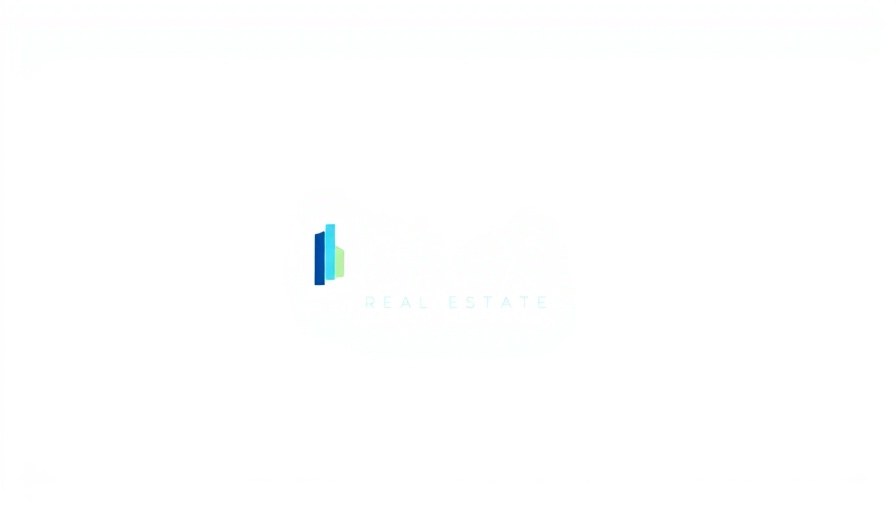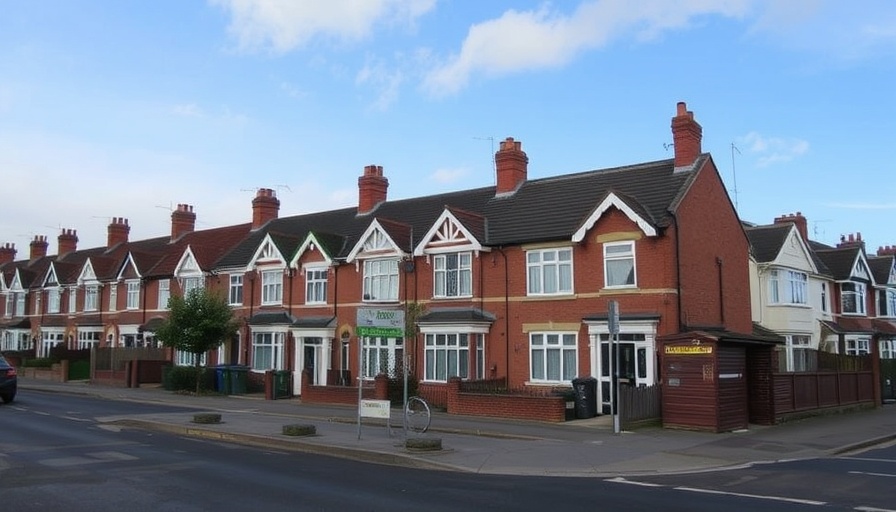
The End of an Era: The Shift from Leasehold to Commonhold
In a significant reform aimed at ending the 'feudal' leasehold system, the UK government has announced plans to ban the sale of new leasehold flats, making commonhold the default tenure. Housing Minister Matthew Pennycook emphasized that these reforms are a decisive step toward empowering homeowners with greater control over their properties and alleviating burdensome costs typically enforced by landlords.
The Promised Reform: What Exactly Is Changing?
Under current leasehold arrangements, homeowners often face a range of financial strains—including escalating ground rents and management fees imposed by landlords. These changes, detailed in a new Commonhold White Paper, aim to establish commonhold as a more suitable model by allowing homeowners to manage their properties collaboratively without third-party intervention.
The Commonhold Model: A User-Friendly Approach
Commonhold offers a community-driven approach, ensuring that decisions regarding property management rest with the homeowners themselves. This shift in decision-making leads to a more democratic structure that contrasts starkly with the leasehold system, where outside landlords made unilateral choices concerning property maintenance and finances.
As noted by housing experts, “The government’s move marks a radical shift in property ownership.” Commonhold permits a lot more flexibility, fostering an environment where owners can dictate how their shared spaces are maintained, likely reducing the frequency and severity of disputes that arise from lack of communication between landlords and leaseholders.
Addressing Existing Leaseholder Concerns
While these reforms primarily aim to prevent new leasehold arrangements, attention is also focused on the rights of existing leaseholders. Katie Kendrick, co-founder of the National Leasehold Campaign, emphasized the importance of creating pathways for current leaseholders to transition into commonhold, advocating for solutions such as enfranchisement and ground rent reform.
The forthcoming Leasehold and Commonhold Reform Bill will provide guidance on how existing leaseholders can make this transition smoother, hence relieving some of the burdens faced by over 5 million leaseholders currently navigating the complexities of leasehold ownership.
The Broader Implications: A Shift Towards Fairer Ownership
Pennycook articulated that these steps are critical not just for those currently in leasehold arrangements, but also for the future of housing in the UK, ensuring that homeowners are not subject to the “unfair practices and unreasonable costs” characteristic of the outdated leasehold system.
This systemic change could have far-reaching implications, not only for homeowners but also for property developers and financial institutions as they adapt to this evolving landscape. The goal is to create a fairer and more transparent housing market that's aligned with global property ownership models, thus enabling a healthier and sustainable housing ecosystem.
As the UK prepares for this transition, the government is encouraging industry professionals to rethink their practices around supporting homebuyers in utilizing commonhold effectively. With the promise of a new commonhold framework, many eagerly anticipate a future where property ownership equates to real autonomy and control.
 Add Row
Add Row  Add
Add 





 Add Row
Add Row  Add
Add 








Write A Comment